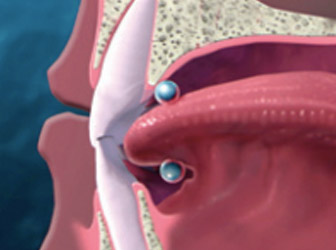Those who consider tongue or lip piercings may not be aware of the risks involved. Though the procedure is fairly simple and is normally performed without anesthetic, the consequences can be severe.
ORAL PIERCINGS


The Consequences of Oral Piercing
The consequences can include infection, excessive bleeding, injured gums, chipped or abraded teeth, obstructed airway, and damage to the digestive tract.
For the most part, piercing studios are not regulated or licensed. Currently, anyone can puncture your lips and tongue anywhere using anything — even a needle that could be contaminated with AIDS or hepatitis.
If the needle goes through one of the tongue’s many veins, significant bleeding can occur. In addition, gums and other soft mouth tissues are injured when the tongue jewelry constantly rubs against them. This can lead to gum recession, tooth sensitivity, abscesses, and other health concerns. Your teeth can be chipped or broken if you accidentally bite on your jewelry while eating or talking. If the jewelry comes loose, you may also accidentally breathe in the jewelry and damage your airway; if you swallow it, you can damage your digestive organs.
The Experts Agree
Because of the potential health problems associated with oral piercings, the American Dental Association, National Institutes of Health, and the Hepatitis C Foundation are all firmly against oral piercing. Here’s our best advice: Don’t pierce your tongue, lips, or any other area of the mouth. If you’ve already pierced any of these oral tissues, consider removing the jewelry and letting the area heal.
Copyright © 2005, Patterson Dental Supply, Inc. All Rights Reserved
We Know You're Looking for the Perfect Solution to Fit All of Your Dental Care Needs.
Your solution, however, isn’t to find the cheapest options possible. It’s to find a dentist who cares not just about one procedure that brings you into the office, but your overall health. Whether you’re missing a single tooth or several, implants just might be the prosthetic option that you’re looking for. Ideal candidates will have sufficient jaw bone mass, healthy gums, and good overall health.


